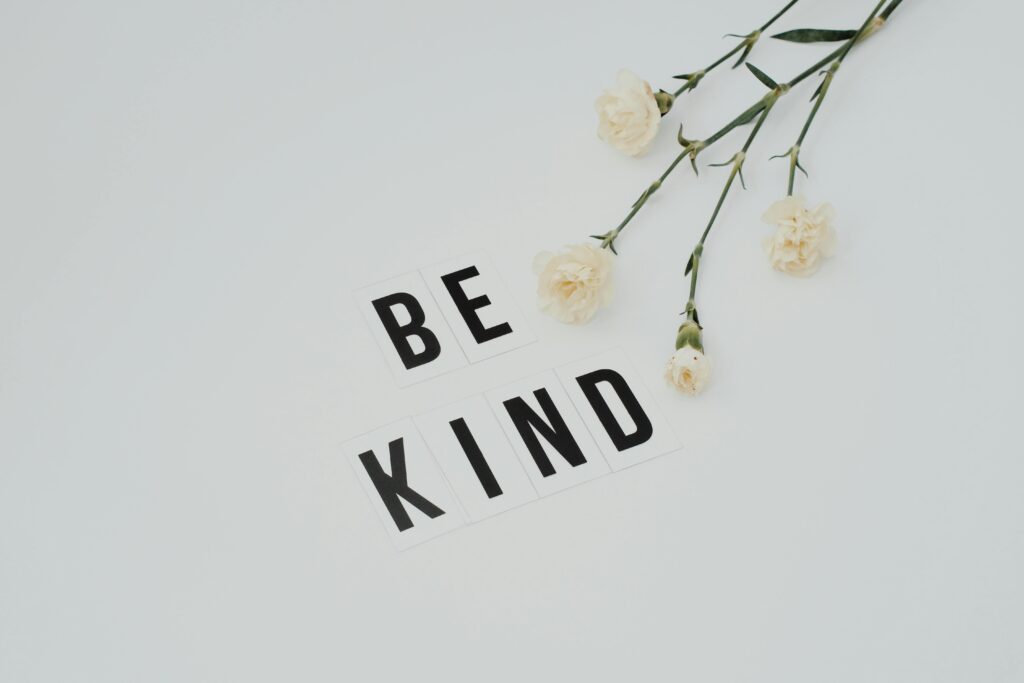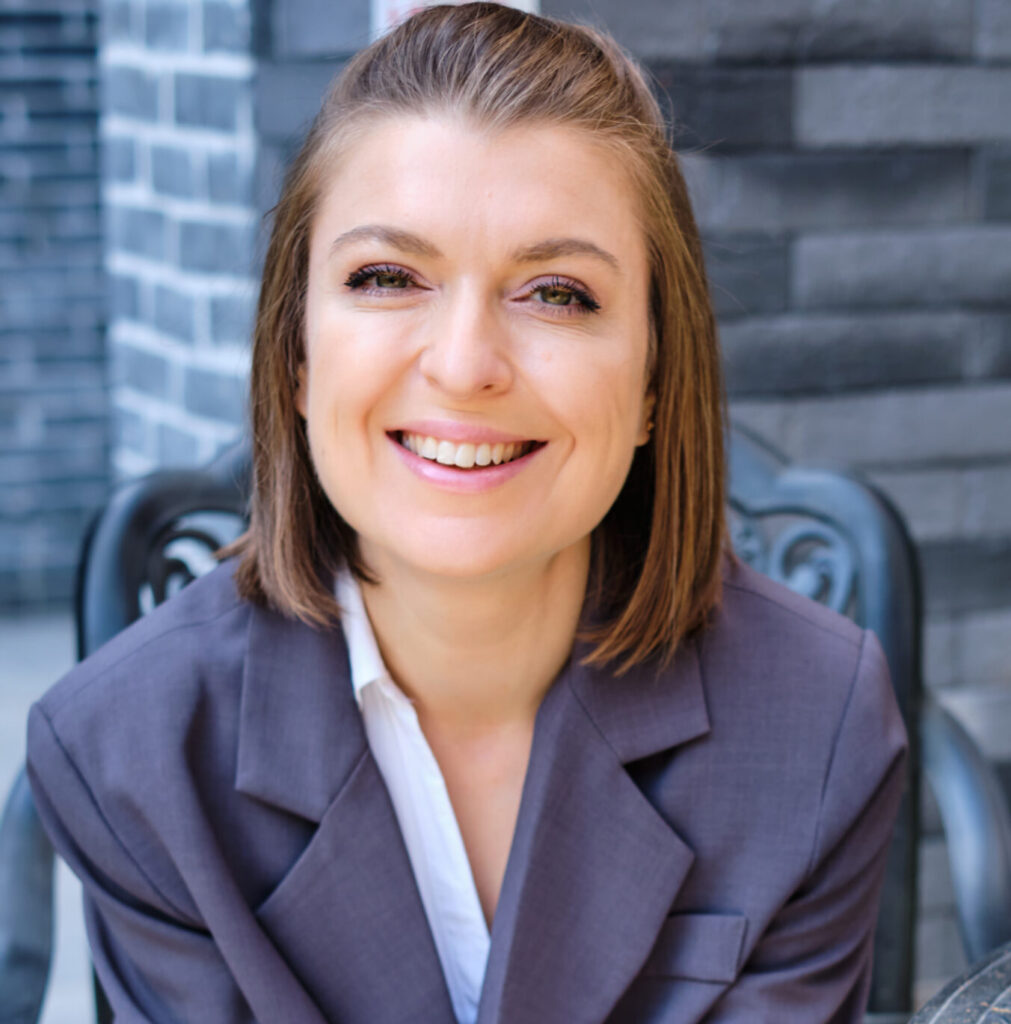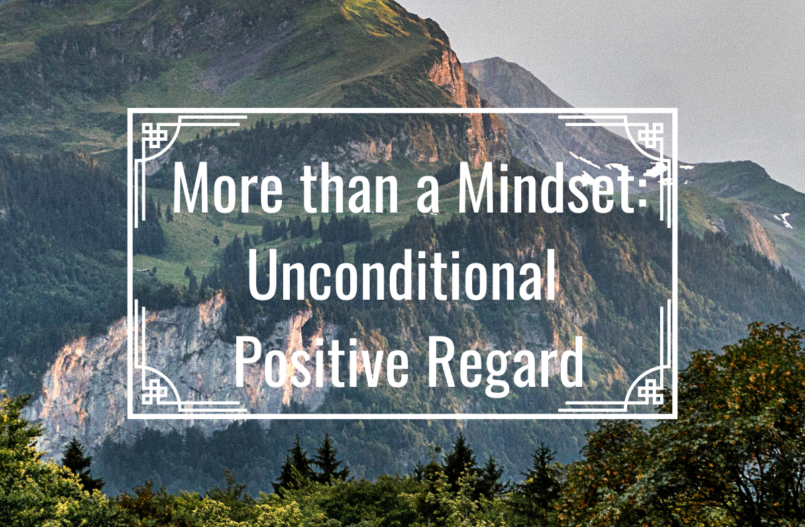In coaching, we talk about the importance of meeting the client where they are and holding a non-judgmental and non-directive stance – a coaching mindset. This is closely related to the concept of unconditional positive regard, championed by Carl Rogers, a prominent name in person-centered therapy
He argued that individuals flourish when met with acceptance and empathy, an assertion now substantiated by neuroscience. Studies demonstrate that social acceptance activates the brain’s reward system (Lieberman, 2013), while rejection and judgment trigger stress responses that compromise cognitive flexibility and emotional regulation (Eisenberger et al., 2003).
Rogers maintained that for true personal growth to occur, one must exist in an environment characterized by genuineness, unconditional acceptance, and empathic understanding. He spoke of a radical openness—a willingness to step into another’s world without imposing one’s own judgments. This approach fosters psychological safety, emboldening individuals to explore even their most vulnerable and conflicted emotions.
However, while Rogers’ ideal inspires many practitioners, the practical application of UPR is anything but simple.
As a coach trainer, mentor and supervisor, I sometimes observe that coaches see unconditional positive regard (UPR) as a destination or a Zen-state that one could reach and hold indefinitely. Psychologists Cochran and Cochran (2006) suggest that UPR should be viewed as an action rather than a passive attitude. I tend to agree. To me, positive regard is not a permanent state but it is a discipline, a practice that requires ongoing inner and outer alignment, reflection, and recalibration.
The term “unconditional” suggests an absence of limitations, but in reality, positive regard may be constantly tested by human complexity. The challenge becomes apparent when clients push boundaries. Sometimes intentionally, sometimes unwittingly.
Supervision Example: Consider the coach working with a client who dismisses every insight, arrives late, or responds to deep inquiries with lack of interest. These moments test the coach’s capacity to remain grounded. As one supervisee put it, “I just about have NO empathy left.”

What Can Shape and Enable Positive Regard
1. Self-Awareness and Emotional Regulation
In order to cultivate unconditional positive regard, coaches must first cultivate self-awareness. Emotional intelligence practitioners emphasize that self-regulation and awareness of one’s biases are crucial for maintaining nonjudgmental presence. Without these, even the most well-intentioned practitioners will find their ability to sustain UPR compromised.
Supervision Example: A coach expresses frustration with a client who continually resists progress. A reactive supervisor might validate the frustration by labeling the client “difficult.” A skilled supervisor would model unconditional positive regard by acknowledging the coach’s feelings while guiding them toward a deeper understanding of the client’s resistance.
2. Ethical Boundaries and Moral Considerations
UPR does not imply a blanket endorsement of all behaviors. Ethical considerations introduce necessary boundaries. The ICF Code of Ethics, for example, requires coaches to uphold ethical integrity while maintaining client trust.
Coaching Example: A client reveals engagement in ethically dubious business practices. The coach, practicing UPR, does not immediately reprimand or withdraw but explores the client’s motivations and values. However, ethical responsibility may necessitate challenging the behavior or, in extreme cases, terminating the coaching relationship and escalating the issue.
3. Relational Dynamics and Reciprocal Influence
UPR is not a one-sided effort; it is shaped by relational dynamics. Neuroscientific research on mirror neurons (Rizzolatti & Craighero, 2004) suggests that humans naturally attune to each other’s emotions. If a coach unconsciously communicates disapproval, the client will likely withdraw, which will make true unconditional positive regard impossible.
Supervision Example: A coaching supervisor notices that a coach is struggling to connect with clients. Upon deeper exploration, they realize the coach harbors unconscious biases that create subtle barriers. By helping the coach develop awareness of these biases, the supervisor enables them to cultivate a more authentic form of positive regard in their practice.
4. Cultural and Social Contexts
As a practitioner who works interculturally 90% of the time, I could say that cultural norms influence how unconditional positive regard is expressed and received. Hofstede’s research on cultural dimensions highlights that different societies frame acceptance and confrontation differently. What feels like supportive challenge in one culture may be perceived as disrespect in another. More food for thought on this topic is offered in one of my podcast episodes
Coaching Example: In some cultures, direct confrontation is considered disrespectful, even when it is done in a polite way, whereas in others, it is valued as a sign of honesty. A coach trained in one cultural framework may unconsciously apply their norms to a client from a different background, impacting their ability to provide UPR in a way that feels authentic and safe to the client.

Is Positive Regard Ever Truly Unconditional?
Existentialist thinkers argue that complete unconditionality is an illusion. Human relationships are unavoidably shaped by perception, power dynamics, and ethical imperatives. Even the act of striving for non-judgment implies a form of judgment about what is ideal.
Rather than viewing unconditional positive regard as an absolute state, might it be more helpful to see it as a disciplined practice? A kind of practice that acknowledges the conditions shaping it while striving toward deeper, more intentional forms of acceptance.
Unconditional positive regard is an evolving commitment. It demands self-reflection, ethical discernment, and the humility to recognize one’s own limitations. While true unconditionality may be an unattainable ideal, the continuous practice of UPR remains one of the most powerful tools for supporting others’ growth.
Luba Diasamidze PhD, PCC

Luba has been training and mentoring coaches extensively since 2020. She is a Certified Mentor Coach (CMC) and a Coaching Supervisor. Luba is trained in PCC Markers Assessment by the ICF and does performance evaluation at UpThink Coaching’s ICF Accredited Programs.
Reach out to Luba to work with her as your mentor coach.
Learn more about Advanced Coach Training (PCC Path) at UpThink Coaching

